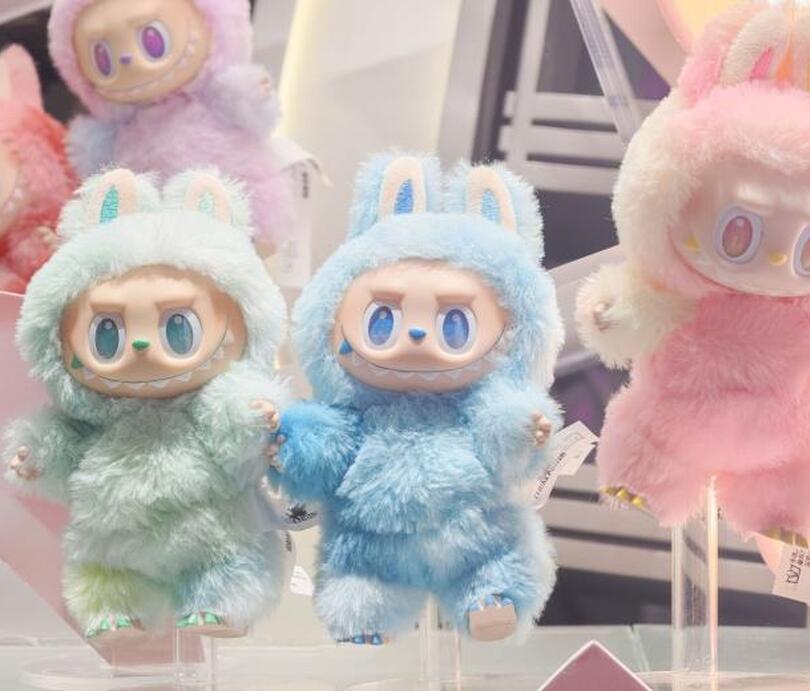
In a world drowning in notifications and existential dread, a peculiar rebellion has emerged—grown women clutching miniature, pointy-eared creatures like life rafts in a storm. These aren’t just toys; they’re emotional flotation devices, says psychologist Elena Studenkova. Labubu, the mischievous elf born from Chinese folklore in 2015, has become the unlikely mascot of adult anxiety, offering what therapy sessions often can’t: tactile comfort and permission to regress.
Studenkova compares Labubu to a "transitional object"—a concept usually reserved for children’s security blankets. For adults, these elfin figures act as anchors to childhood’s careless joy, triggering nostalgia that melts stress like sugar in tea. "They’re rebellion disguised as accessories," she notes. "Holding one whispers:
."
Originally sketched as book characters by artist Kasing Lung, Labubu lurked in Hong Kong shops for years before TikTok’s algorithm catapulted them into viral fame. Now, they dangle from the handbags of Russian celebrities like talismans against adulthood. Even high-end retailers buckle under demand—one British store halted sales fearing stampedes.
What began as a niche collectible now thrives as a cultural paradox: tiny monsters taming grown-up demons. In an era of performative productivity, perhaps we all crave something to squeeze that doesn’t squeeze back.


















